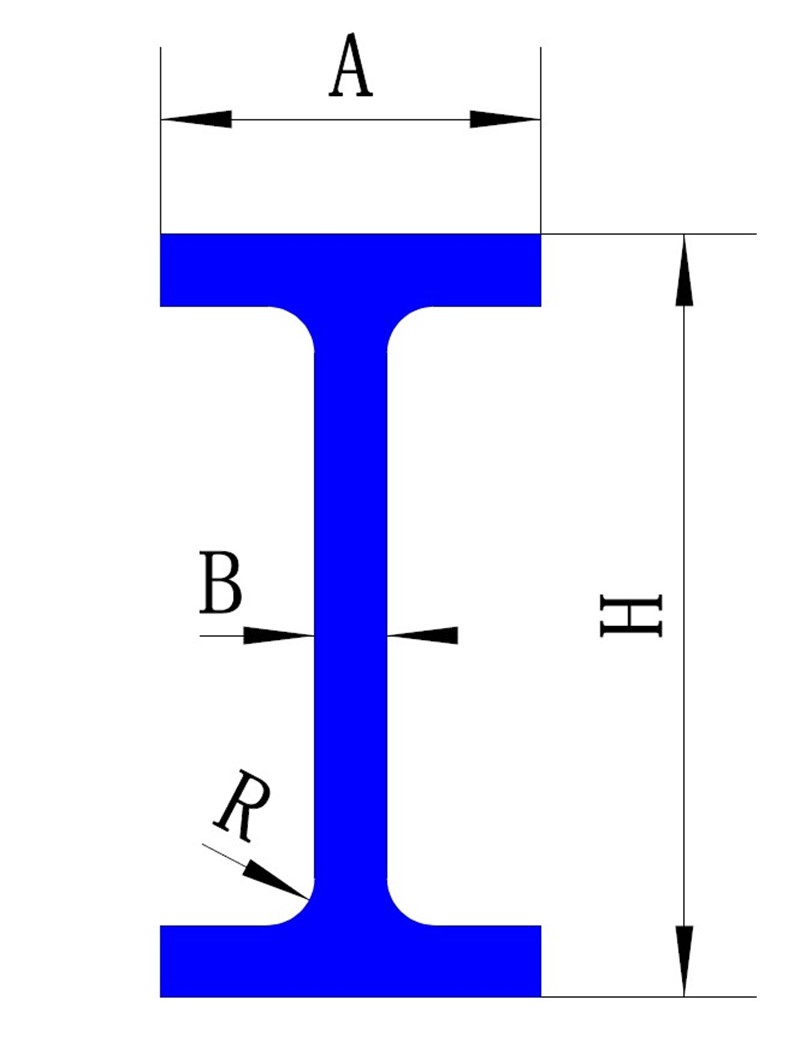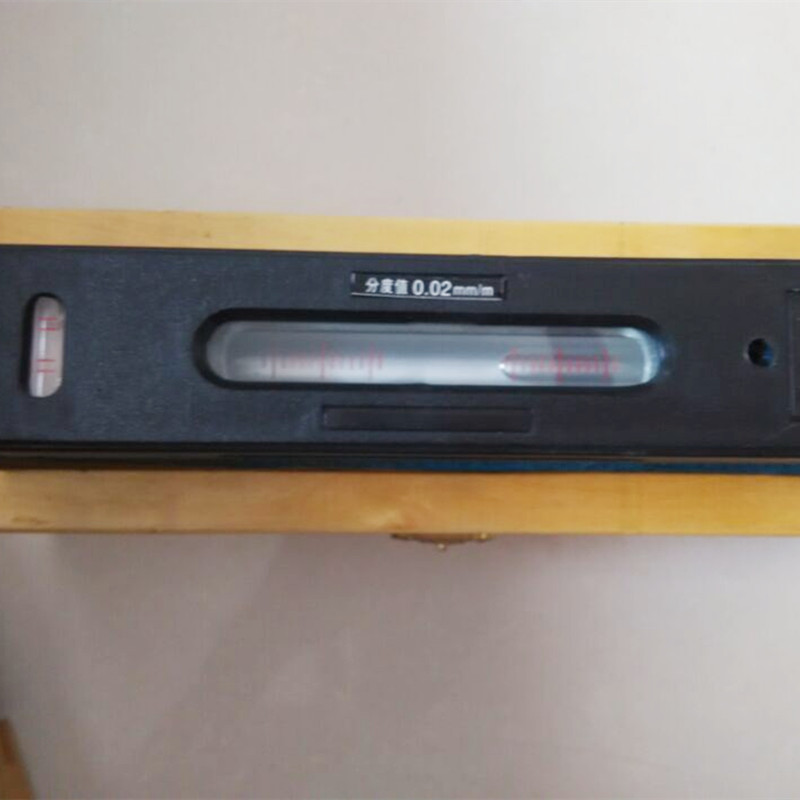Out . 16, 2024 18:56 Back to list
High-Precision Cast Iron Surface Plates for Accurate Measurements and Inspections
Precision Cast Iron Surface Plates Ensuring Accuracy in Measurement
Precision is an essential aspect of manufacturing and engineering processes. In this realm, the need for accurate and stable surfaces for measurement cannot be overstated. One of the most widely used tools for ensuring precision in measurements is the precision cast iron surface plate. This article explores the characteristics, benefits, and applications of precision cast iron surface plates in various industries.
What is a Precision Cast Iron Surface Plate?
A precision cast iron surface plate is a flat, thick slab made from high-quality cast iron that is specifically designed for precision measuring and layout work. These plates are engineered to provide a stable, flat reference surface that is essential for various measuring tools and devices, such as height gauges, dial indicators, and coordinate measuring machines (CMMs). The manufacturing process typically involves casting the plates using high-grade iron, followed by grinding and hand scraping to achieve the desired flatness and surface finish.
Characteristics of Precision Cast Iron Surface Plates
1. Flatness and Stability The primary function of a surface plate is to provide an extremely flat working surface. Precision cast iron surface plates are manufactured to meet stringent flatness tolerances, often in the range of 0.001 inches (0.025 mm) over a specified length. This level of flatness is critical in ensuring that measurements taken on the plate are accurate.
2. Durability Cast iron is known for its strength and durability. Precision cast iron surface plates can withstand heavy weights and are resistant to warping or deformation over time. This durability ensures that these plates maintain their precision qualities even under frequent use.
3. Thermal Stability Cast iron has good thermal stability properties, which means that it is less affected by temperature changes compared to other materials. This characteristic is particularly beneficial in environments where temperature fluctuations are common, as it helps maintain accurate measurements.
4. Self-damping Properties Cast iron has excellent damping characteristics which minimize vibrations. This feature is vital in precision measurement, as it allows for the capture of accurate readings without interference from outside vibrations.
Benefits of Using Precision Cast Iron Surface Plates
precision cast iron surface plate

The use of precision cast iron surface plates can provide numerous benefits, including
- Enhanced Accuracy The consistent flatness and stability of these plates lead to enhanced measurement accuracy, which is crucial in high-stakes manufacturing environments.
- Cost-Effectiveness Though the initial investment can be higher than other materials, the longevity and durability of cast iron surface plates make them a cost-effective choice in the long run.
- Versatility Precision cast iron surface plates can be used in a broad range of applications across different industries, from automotive and aerospace to electronics and heavy machinery.
Applications
Precision cast iron surface plates play a vital role in
- Quality Control Used for inspection and quality assurance processes to ensure that components meet design specifications.
- Toolmaking Essential for layout and checking the geometric dimensions of tools and fixtures.
- Metrology An integral part of measurement laboratories for conducting accurate measurements and calibrations.
In conclusion, precision cast iron surface plates are indispensable tools for achieving high levels of accuracy and consistency in various industrial applications. Their unique properties, including flatness, durability, and stability, create an ideal environment for precise measurement, making them an integral part of modern manufacturing processes. As industries continue to evolve, the significance of precision in measurements will only increase, reinforcing the importance of such reliable tools in maintaining quality and efficiency.
-
Surface Plate Maintenance Best Practices for LongevityNewsJun.27,2025
-
Historical Evolution of Iron Surface Plates in Industrial MetrologyNewsJun.27,2025
-
Cast Iron Y Strainer Safety StandardsNewsJun.27,2025
-
Blockchain Verification for Gauge Tool Certification IntegrityNewsJun.27,2025
-
Advantages of Triple Offset Butterfly Valve Types in High-Pressure SystemsNewsJun.27,2025
-
Wear Resistance Strategies for Trapezoidal ThreadsNewsJun.26,2025
Related PRODUCTS









